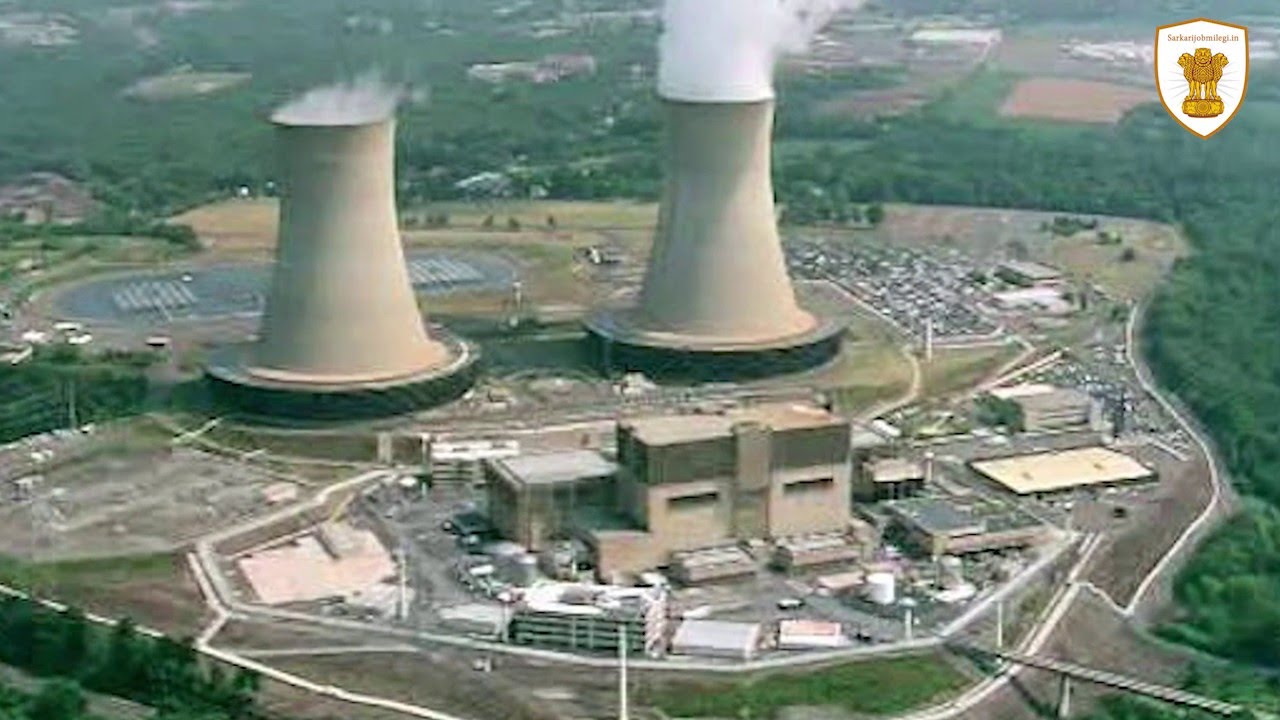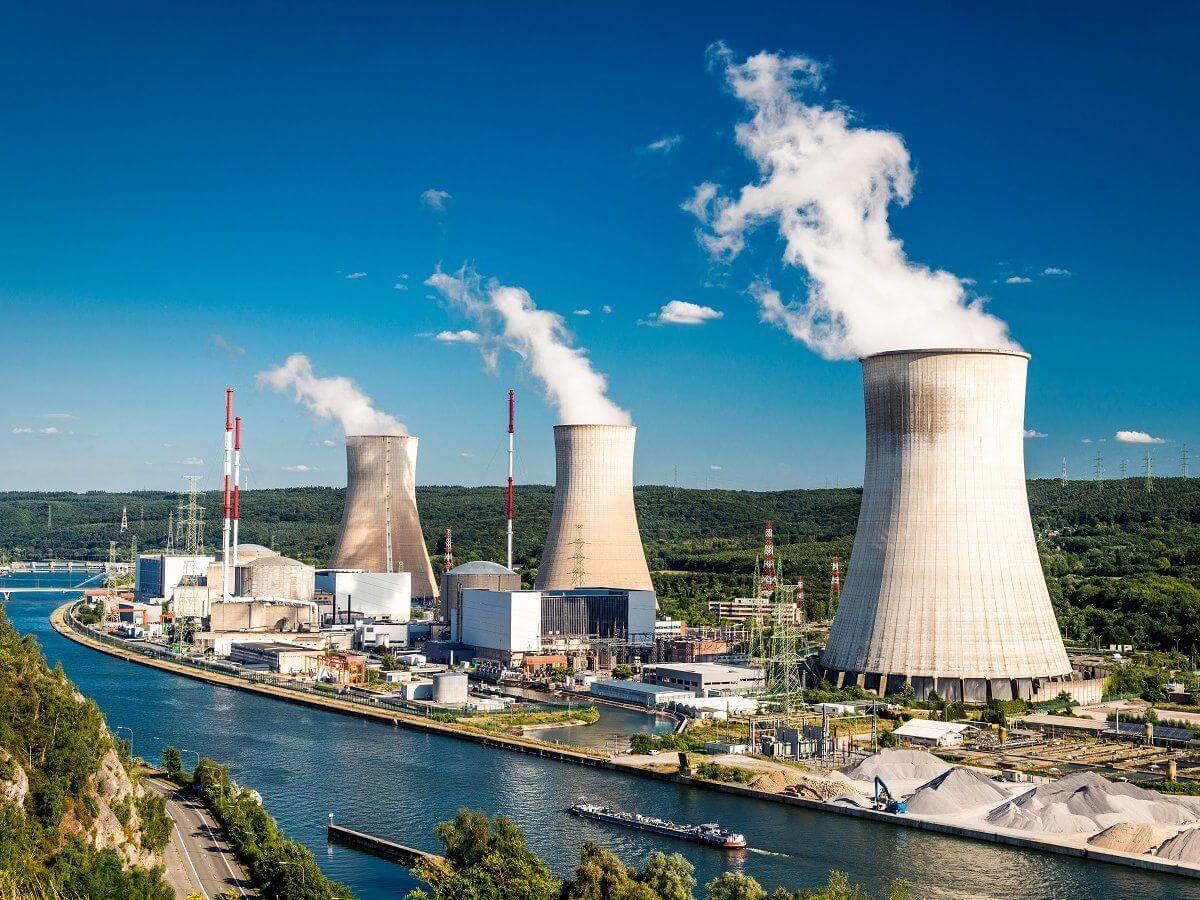The Indian government announced that the country will have nine nuclear reactors by 2024. This is in furtherance of India’s desire to move towards greener and more sustainable sources of energy.
Minister of State for Personnel, Public Grievances, and Pensions Jitendra Singh made the announcement while answering supplementary questions during Question Hour at the Rajya Sabha on Thursday.
He said, “By 2024, you will have nine nuclear reactors plus 12 new additional ones which were approved during the Covid times with a capacity of 9,000 MW. Five new sites are also being identified in different parts of the country.”
He revealed that the government had already granted approval for ten indigenous reactors during his tenure. Furthermore, Singh highlighted that the capacity of nuclear power generation has also been expanded by over 4,000 mega units during the COVID-19 pandemic alone. Next, he applauded the Modi government for its courageous and unique decision to allow the atomic energy department to enter into joint ventures.
The minister declared that a new nuclear project will be set up in Gorakhpur, 150 kilometres from New Delhi, the first such project in the northern part of the country. The project will be critical for the region at large as it continues to deal with the deteriorating air quality caused by large-scale crop burning and emissions from power plants and industrial facilities.
On being asked whether the government is concerned about the prospective impact of nuclear power plants on the safety of residents, Singh refuted conjecture about India phasing out nuclear power. He said India is in fact looking to increase the number of nuclear power plants and is deliberating over a project for a pan-India generation. The minister noted that while the current cost comes out to around Rs. 3 per unit, this will come down with the establishment of more plants.

Singh proclaimed that nuclear energy is central to India’s policy to shift towards alternative or cleaner sources of energy and that it will also help the country meet its ever-increasing demand for power.
India’s existing nuclear power generation capacity is 6.8 gigawatts, which accounts for merely 2% of the country’s total power generation. Coal power continues to be the primary source of energy generation in India, accounting for 53% of the country’s power generation capacity.
Shifting from coal power to other energy sources is critical for India to meet its commitments to the Paris agreement, which requires it to cut down on emissions to one-third of the current amount by 2030.
At last month’s COP26 conference, Prime Minister Narendra Modi vowed to achieve carbon neutrality by 2070. He also promised to meet half of India’s energy needs through renewable power sources by 2030.

